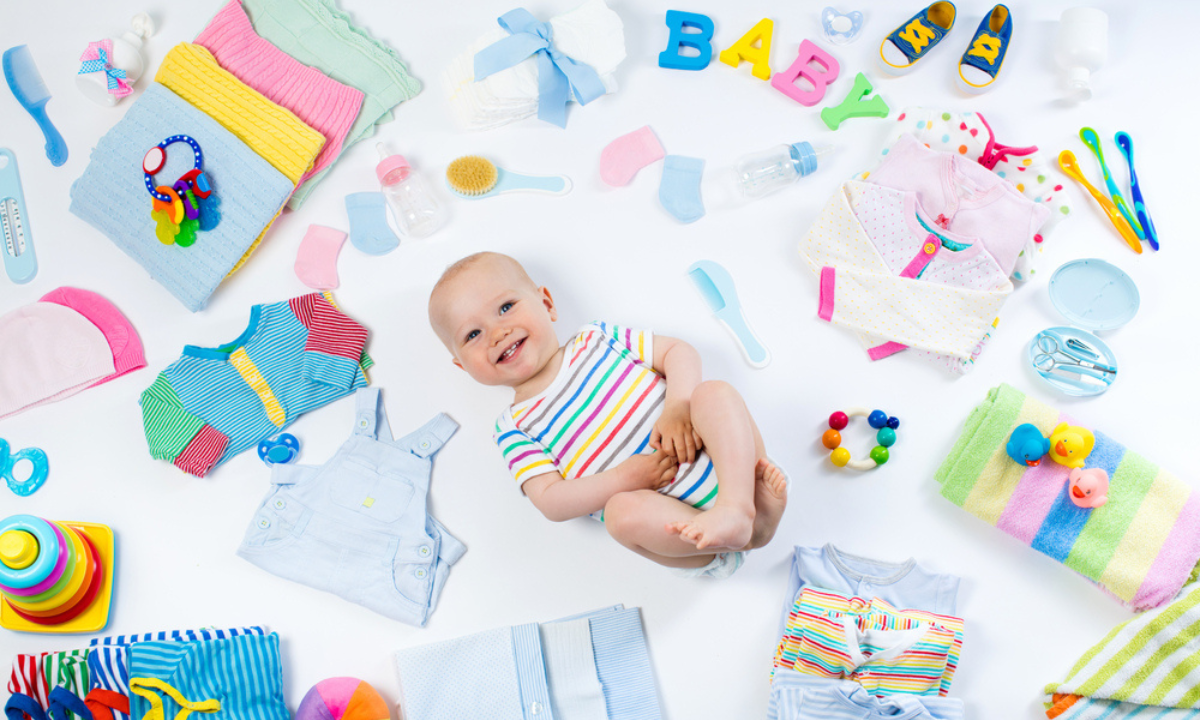
Buying stuff for your child is very different from buying something for yourself. Some parents prefer to buy baby clothes in advance. While there are high chances that you might get swayed by elegant baby clothes and accessories, there are certain things that you should keep in mind while buying for your baby. For many new moms, shopping for newborn baby clothes is both exciting and confusing.
Top 10 Tips for Shopping for Your Newborn Baby Clothes:
Comfort Should be the First Priority
Comfort Is The Key
Keep It Simple
Keep The Temperature In Mind
The Essentials
Quantity And Size
Handle With Care
Be Cautious About the Weather
Some Essential Baby Clothes
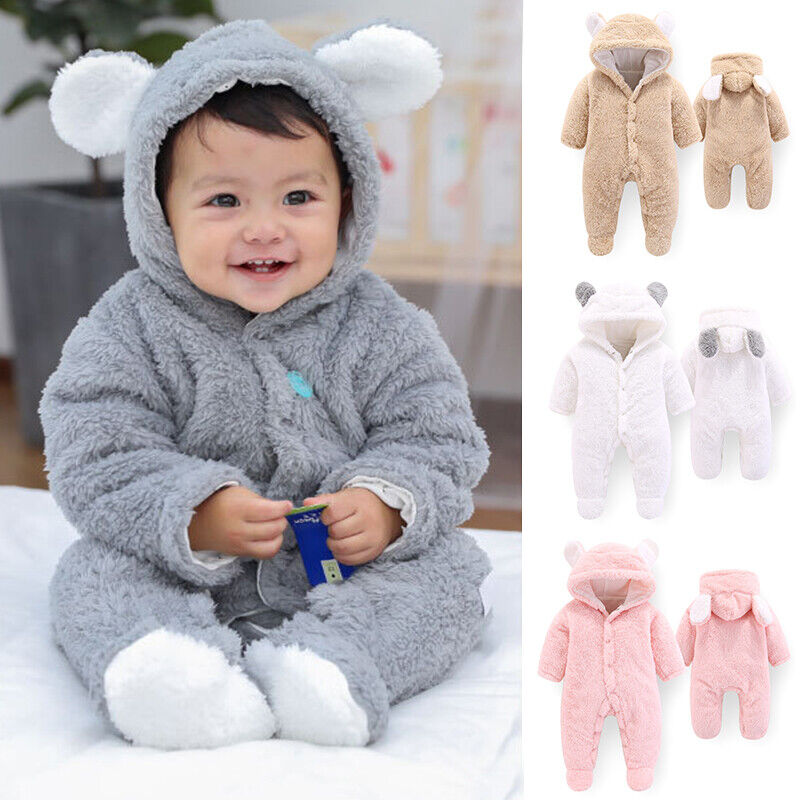
The most important consideration when looking for the best clothes for your baby is how well the clothes should fit. A newborn baby should wear comfortable, not too-tight clothes to grow healthily. Additionally, because a baby's skin is delicate, the fabric of clothing is very important. If your baby is dressed in harsh synthetic clothes, your baby may develop skin problems. This is the reason why you should give priority to choosing clothes that your baby will feel comfortable in.
The most important thing to always keep in mind while buying clothes for newborns is that clothes for newborns should always be soft, airy, and comfortable. Scratchy clothing can cause a reaction in newborns due to their incredibly delicate skin. Be sure you get comfortable, breathable clothing. Choose warm clothing if your baby was born in cold climates. However, since wool can be a bit scratchy, avoid wrapping them in it and instead cover them with some warm clothing. Choose fabrics that are gentle on the skin and absorbent, such as cotton, wool, or a blend.
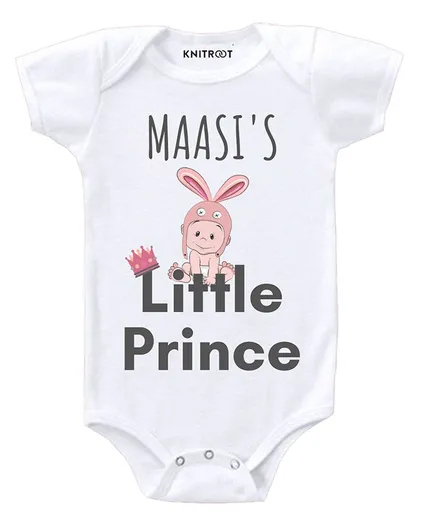
Don't be fooled by the variety of clothing and apparel at the children's boutiques and stores. Instead choose simple, comfortable clothes. Babies can be irritable and develop rashes from frills, ribbons, and other decorations. Keep clothing as simple and fuss-free as possible. Choose clothes that are easy to put on and take off as you will need to change your baby's clothes several times a day. Onesies and jumpers are better than clothes with excessive buttons and zippers.
Babies often experience cold easily. Always make sure that your child wears comfortable, slightly warm clothes even during summer or monsoon. Add some warmth to your baby's clothing during winter, but avoid wearing too many layers as this can lead to overheating. The best course of action is to check your child frequently. If your baby appears warm enough, remove a layer or two.
Read Also: - Online Shopping Tips For New Born Baby
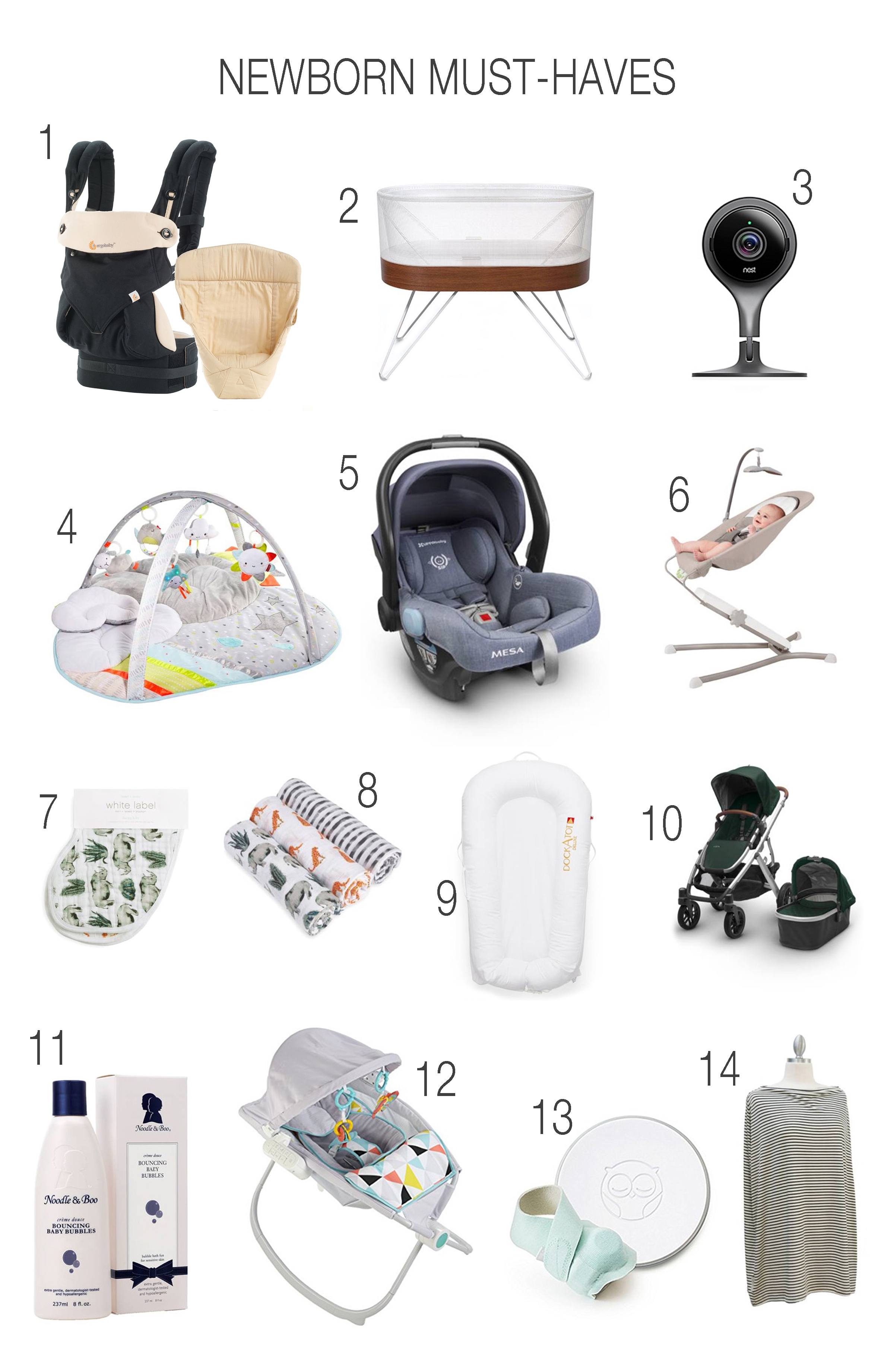
Make sure to stock up on singlets when you shop for your newborn's clothes. Singlets are useful because babies often spit up, barf, and drool. Next, buy some jumpsuits or onesies that are easy to put on and take off and will keep the baby warm. Also, keep some comfortable clothes that you can put your baby in at night. Some tops in mixed fabrics are perfect for dressing your little one for a day out and a stroll. Buy a few coats and cardigans for the colder days too.
Stocking a lot of clothes for babies is a bad idea because they grow very quickly and buying too many clothes will hurt you. It is advisable to buy some things in advance and buy them again as the child grows up. When it comes to sizing, most store owners will be more than happy to assist you. Even while buying online, the appropriate age of the child is selected, and the appropriate clothing will be displayed to you. Size 00 clothing fits most babies. To ensure that your child feels relaxed and comfortable, it is a good idea to buy clothes that are a little bigger.
Newborn babies are delicate so you should take special care of them. When changing your baby's clothes, be careful not to tug or pull his clothes over his head. Instead, pull on the neck of the fabric and gently insert it. When you are changing clothes, be careful not to get their fingers and ears tangled in the clothes. Similarly, while undressing your baby, support your baby's head and gently remove the clothes.
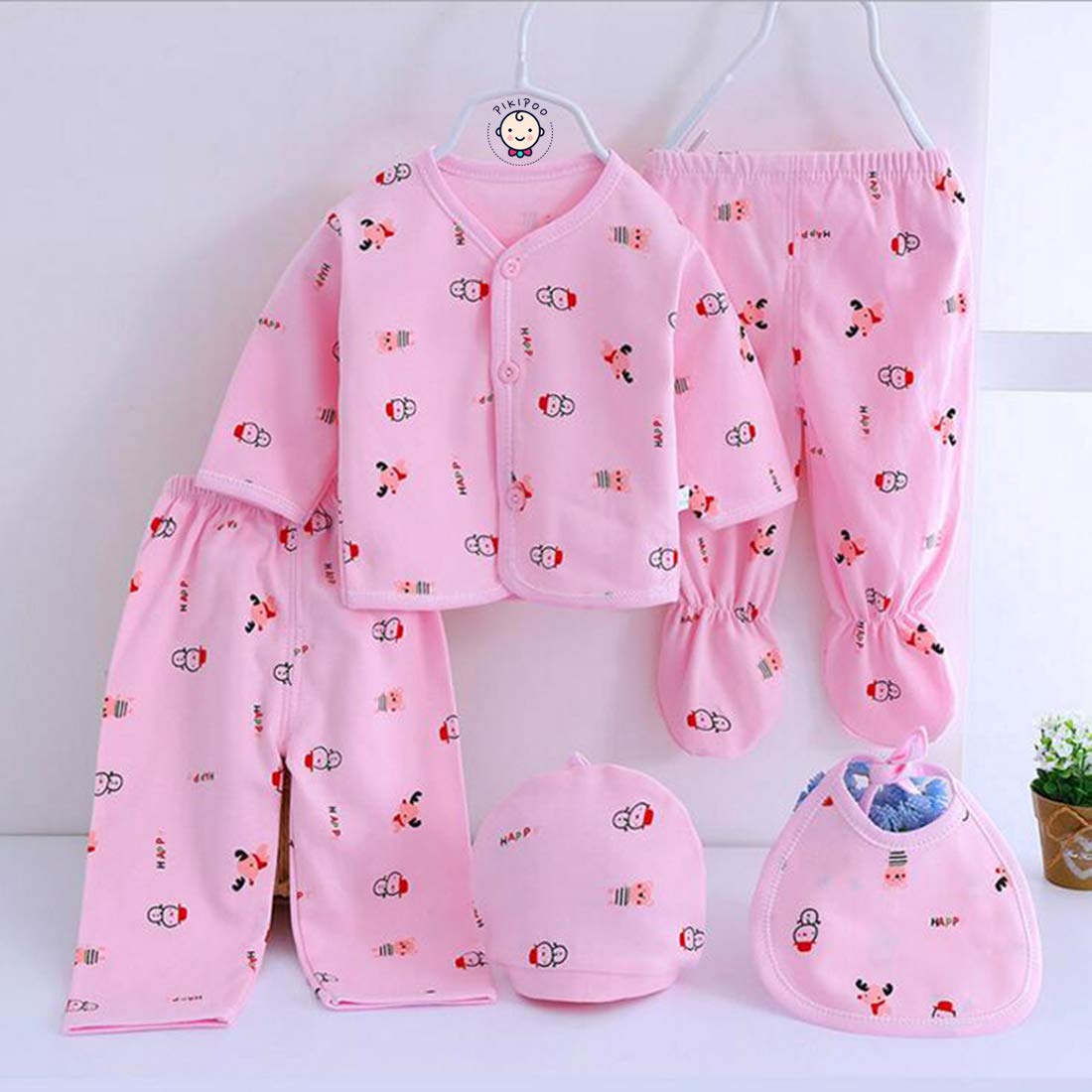
Weather is an important factor when choosing clothes for your baby. You should choose your clothes according to the season. If not, your baby may experience some health problems due to the weather change. Following the advice in the following list will help you ensure that your baby is dressed appropriately for the conditions.
You should also be familiar with some of the baby top clothes. You can use these tips to find suitable clothes for your upcoming baby: -
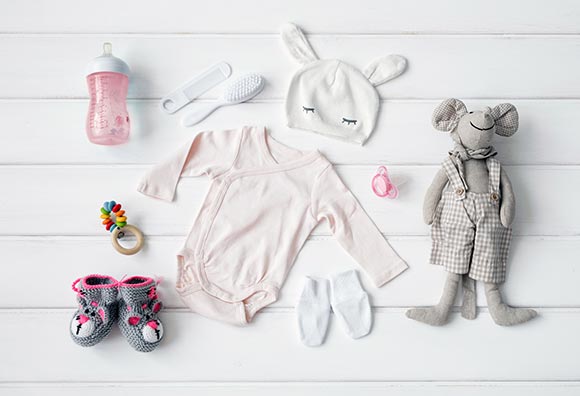
Indeed, a newborn baby grows rapidly in the first several days. If you buy clothes at that age, they will soon become small. Hence, it is always better to buy clothes well in advance of need. Because of this, your baby will be able to wear them for longer.
Qus.1 How Far In Advance Should I Buy Baby Clothes?
Ans. The best time to start buying baby essentials is around the third trimester. In order to shop, you need to have a clear understanding of what you currently have and what to buy. This includes all personal items such as clothes, lotion, baby wipes, prams and even car seats.
Qus.2 What Do Babies Wear Right After Birth?
Ans. Newborn baby clothes should be comfortable, airy, and easy to maintain. When shopping for your baby, look for flexible, front-closing jumpsuits and blouses with envelope necks (that slip easily over your baby's head). Baby jumpsuits with zippers are another useful option. On the other hand, hospital supplies such as blankets and tunics are specialized.
Qus.3 How Many Times Can the Baby Wear the Same Clothes?
Ans. In general, you should change your baby's clothes two to three times a day and nappies two to three times a day. Because children drool, spit, and get their clothes dirty. So you may have to change their clothes three to five times a day.
Qus.4 How Many Baby Clothes Do You Need For A Week?
Ans. Only a very small number of clothes are required for newborns. Dressed in comfortable clothes - no more than three to five. Always wash it before use. However, if the weather is not suitable for drying, you can get about 7 sets of clothes.